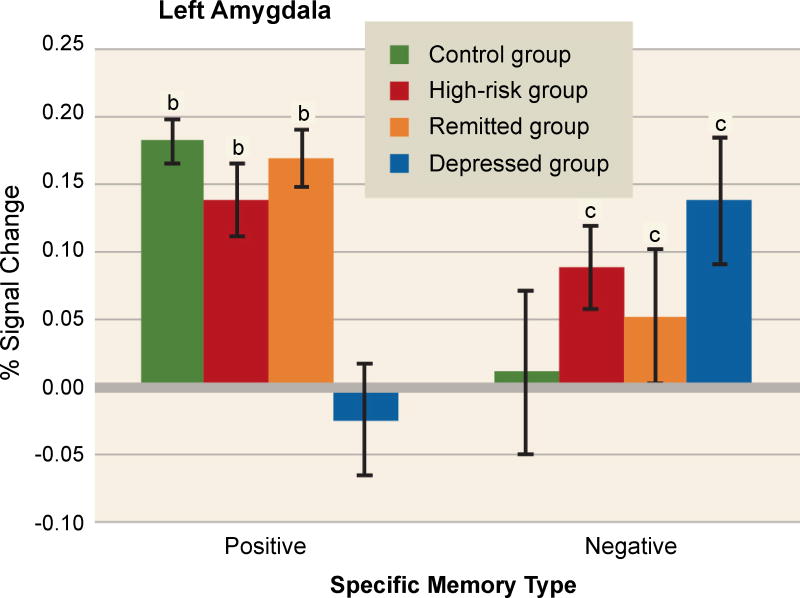Figure 5. Abnormal amygdala responses during autobiographical memory retrieval in adults who are depressed or at elevated risk for depression.
Amygdala activation was studied in healthy controls, currently depressed adults, formerly depressed adults (“remitted group”), and healthy adults at high risk of depression due to family history. During retrieval of positive autobiographical memories (left), depressed adults showed left amygdala hypoactivation relative to all other groups, indicating that such blunting may represent a state-related dysfunction associated with the disorder. By contrast, during retrieval of negative autobiographical memories (right), healthy controls showed significantly weaker activation than all other groups, suggesting that an exaggerated amygdala response to negative material may be a trait-like phenomenon related to depression vulnerability. The letters “b” and “c” denote significant differences from the depressed and control groups, respectively. Image adapted from [58], with permission.

